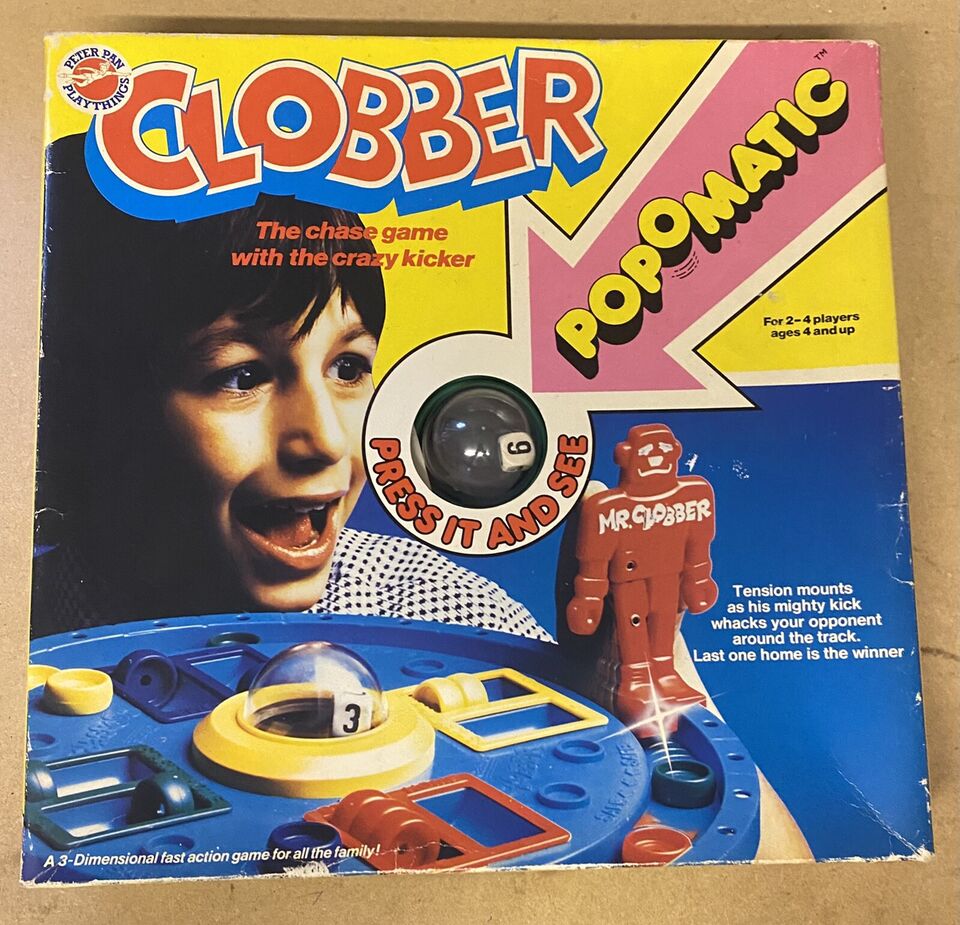Clobber (2001)
Clobber
Clobber is an abstract strategy game invented in 2001 by combinatorial game theorists Michael H. Albert, J.P. Grossman, and Richard Nowakowski. The game is best played with two players and typically takes an average of 15 minutes to play, with a suggested age rating of 8 and up. It is played on a rectangular white and black checkerboard, and players take turns to move one of their own pieces onto an orthogonally adjacent opposing piece, removing it from the game. The winner of the game is the player who makes the last move, i.e., whose opponent cannot move.
Why is Clobber Popular?
Clobber is a popular game because it is an abstract strategy game that requires mental agility and quick thinking. It has gained attention in the field of artificial intelligence and combinatorial game theory, as it is a 2-player partizan game with perfect information, and many board positions have exact game-theoretic values. This makes it an ideal game for studying and implementing combinatorial game-theoretic values in game players, such as Monte-Carlo Tree Search (MCTS) based Clobber players.
We are supported by our audience. When you purchase through links on our site, we may earn an affiliate commission, at no extra cost for you. Learn more.

